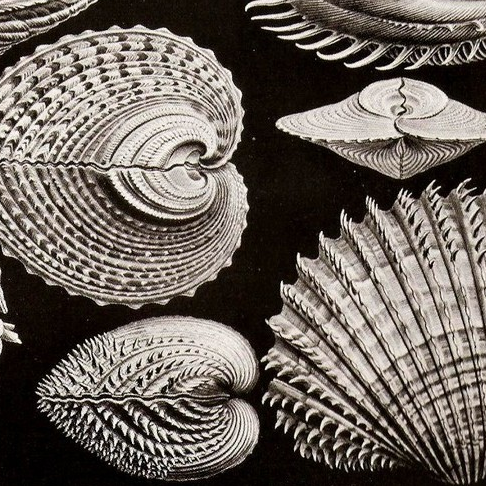Shells and Pebbles
Interesting finds on the shores of the history of science and the humanities
-
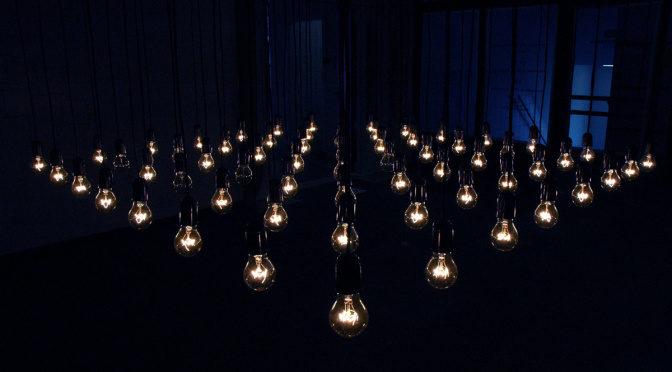
The History of Mathematics in Economics I: Mirowski, Fisher and the Conservation of Energy
As the dust settles in the aftermath of the economic crisis, we are left to contemplate the nature of the shock that hit us in 2008. Much of the initial debate concerned the ethics of the financial sector: many of the world’s most powerful institutions had been at best naïve and at worst thoroughly perverted…
-
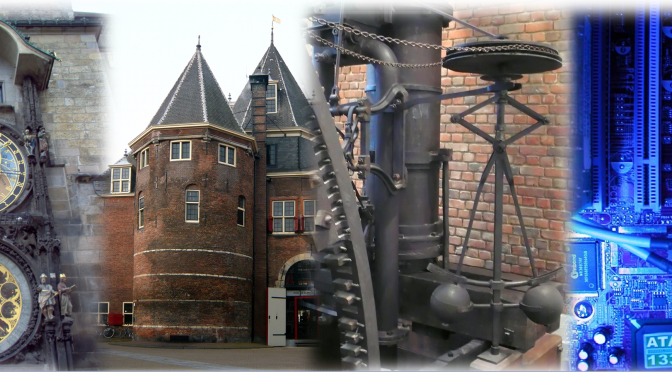
Mediating machines: a proposal for a big picture of the history of science
Over the last few decades there have been several calls for a ‘big picture’ of the history of science. The gradual fragmentation – or even dismissal – of older grand narratives, accelerated by the cultural turn, is increasingly seen as problematic. There is a general need for a concise overview of the rise of modern…
-
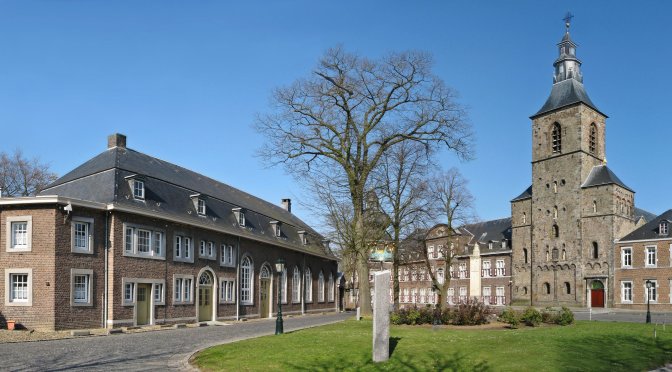
The Rolduc Conference: A Postmortem
The fifth edition of the History of Science PhD-conference in Rolduc showed that projects currently carried out under the banner ‘history of science’ are remarkably diverse in character. Chronologically, participants covered the period between the Carolingian Renaissance (eight century) to the present, while subjects of research ranged from the work of Christiaan Huygens to the…
-
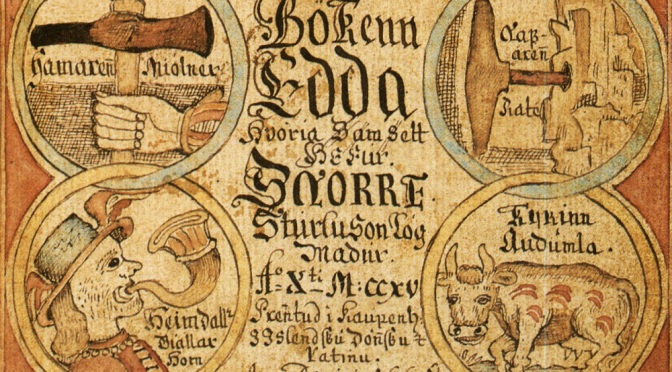
Blackwell’s rag-bag, or the (in)fertility of hybrid texts. Intertextual patterns and methodological shifts in an 1847 re-re-re-re-edition of the Prose Edda
Historians of scholarship should love hybrid works. By ‘hybrid works’ I mean works that don’t fit neatly into a specific genre or format, but that combine the characteristics of different genres and information from disparate kinds of source material, often even texts from different authors. Historians should love such hybrid works for three reasons. First,…
-
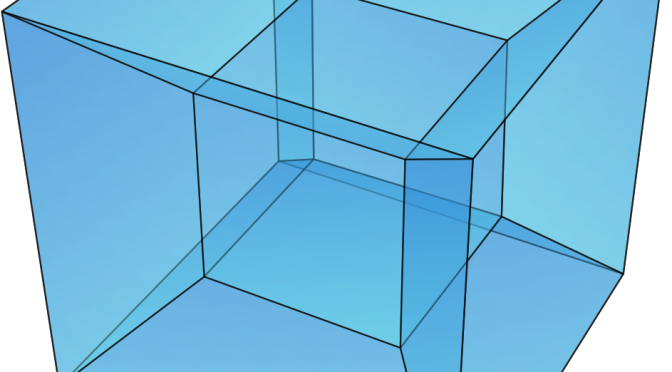
Visualization of dimensionality after the institutional separation of mathematics and physics
Dimensionality is one of those concepts which has reached a higher level of complexity after the emergence of mathematics as an institutional discipline. Until the institutional split dimensionality was perceived as it had been understood from Euclid’s time. Visualizing dimensionality from that point of view was not particularly challenging. This changed with the introduction of…
-
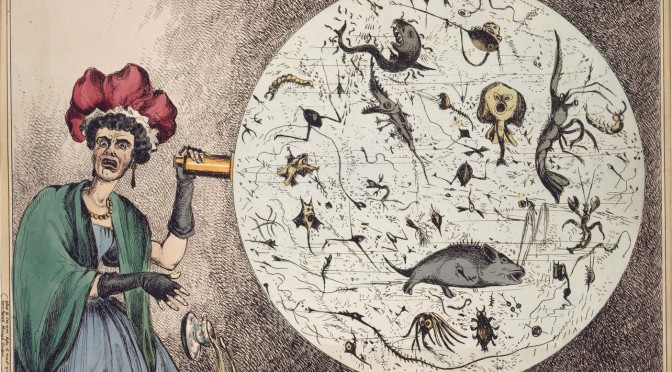
Activist history of science and its philosophical implications
Hans Schouwenburg does not seem to be on his own in his ‘emotional call to arms’ for history of science activism. Although all participants took a plane to get to the latest meeting of the History of Science Society in Chicago (6-9 November, 2014), socially engaged history of science was a remarkably present theme. Several…
-
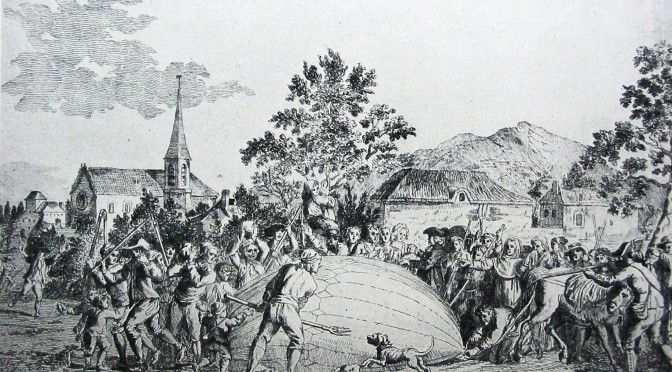
Darwin op SBS? De burger en de wetenschap anno 2014
De afgelopen maand is er veel te doen over de rol van wetenschap in onze samenleving, en een goed gelezen contribuant aan deze discussie is Rob Wijnberg. Na ons eerder al op de Correspondent verteld te hebben hoe het opdoeken van de filosofiefaculteit aan de Erasmusuniversiteit het moment markeert waarop we als samenleving collectief gestopt…
-
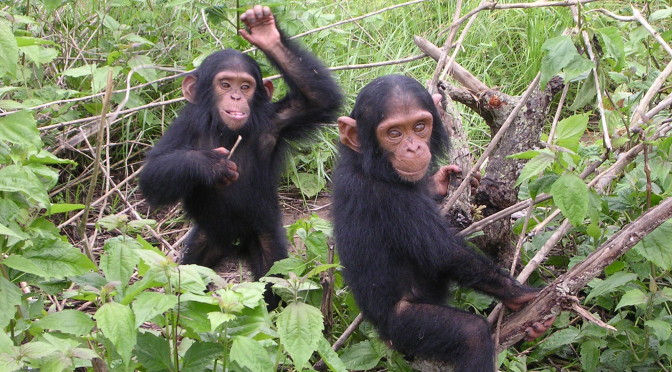
Dissecting the ‘Chain of Creation’: Edward Tyson and Anatomical Natural History
In 1698, Edward Tyson, an English anatomist, attempted to treat a sick chimpanzee. A group of sailors who had captured it in what is now Angola brought the young male chimp to Tyson after it developed an abscess in its mouth. Tyson referred to the chimpanzee as his “Pygmie” wondering if it should be classified…
-

The Times They Are A-changin’: Academia in the Age of Open
The academic world in the Netherlands is abuzz with the government and the Association of Universities in the Netherlands’ (VSNU) firm position in negotiations with Elsevier. The push to open up academic literature to become freely accessible and reusable online, which is usually recognized under the umbrella term of Open Access, has become quite real…
-
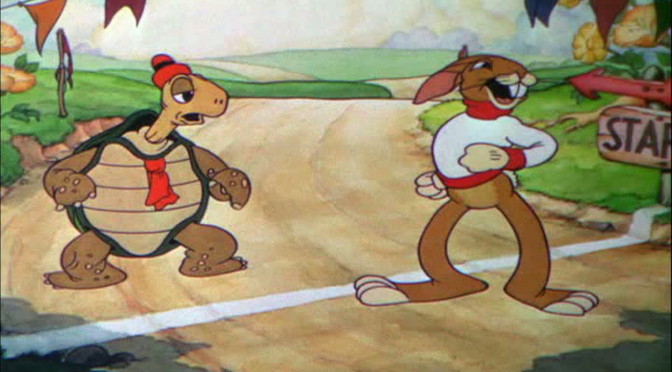
‘Slow science’ in het digitale tijdperk
Open access betekent ruim baan voor het digitale publiceren. Maar is alle wetenschap hier wel bij gebaat? Een pleidooi voor ‘slow science’ in de tijden van terabytes en 4G.
-

How to diagnose their ills?
In 1998, the Australian professor of colonial medicine Warwick Anderson warned his readers that ‘[w]e should not assume that the colonial world was a passive receptacle for germ theories or any other form of Western medical knowledge’.[1] Although Anderson meant that the arrival of new medical theories to the colonies led to changes that were…
-
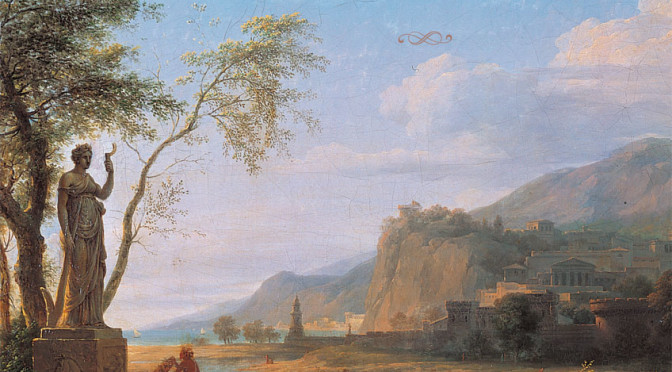
Garlic, magnets, Roman science: a review of Daryn Lehoux, What Did the Romans Know?
In order to keep in touch with what happens in historiography, I sometimes spend a few days reading the introductions of recent historical publications. In a relatively efficient way, it gives me the comfortable feeling that I am still aware of what historians claim they are doing. Sometimes, however, I remind myself to read the…
-
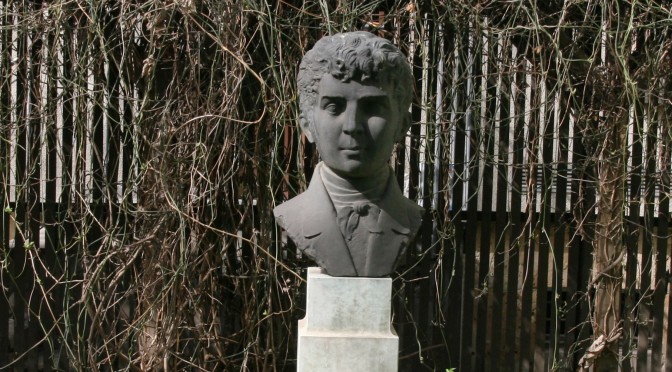
Much ado about Ablaut and Umlaut
In the Summer of 1829, Franz Bopp and August Wilhelm von Schlegel quarreled about Sanskrit sound shifts. They quarreled so badly it ended their correspondence, and they never met again.
-
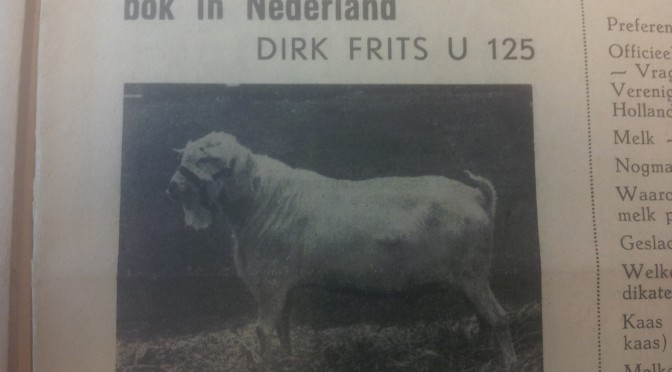
Bronstige bokken
Schapen en geiten zijn een veel geziene combinatie. Zo prees de manifestatie ‘Dag van het Schaap’ in 2014 haar activiteiten aan met de ondertitel ‘nu ook met geiten!’ en ook in veel ambtelijke stukken worden schapen en geiten veelal onder hetzelfde kopje geschaard.[1] Daarnaast lijken de beide diersoorten ook wel wat op elkaar, zeker als…
-

Climate Change and History of Science: An Emotional Call to Arms!
By Hans Schouwenburg In response to the global People’s Climate March on September 21, 2014, Shells and Pebbles editor Hans Schouwenburg walks you through the history of the debate about man-made climate change. He concludes that historians of science should take their responsibility and assist their colleagues in the natural sciences in work and deed.
-
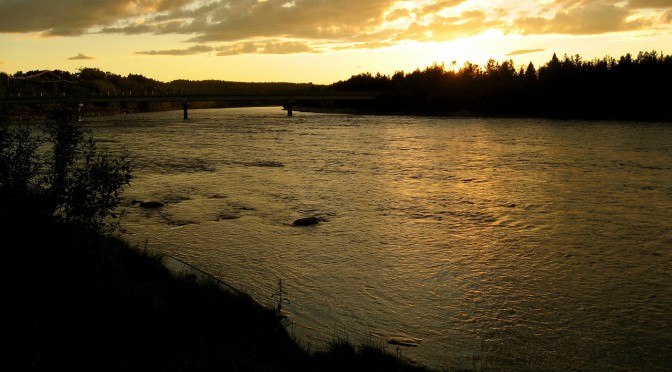
Aangespoelde stenen. W.F. Hermans en de tweedeling in de wetenschappen
“I do not know what I may appear to the world, but to myself I seem to have been only like a boy playing on the sea-shore, and diverting myself in now and then finding a smoother pebble or a prettier shell than ordinary, whilst the great ocean of truth lay all undiscovered before me.”…
-
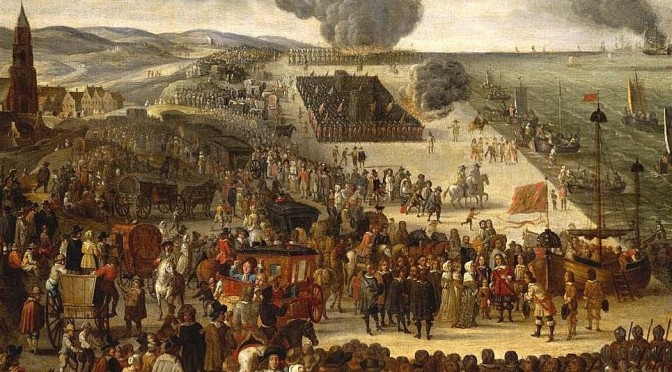
Wetenschap als instrument van politieke verzoening en modieus koningschap. Charles II en de Royal Society
Door Gijs Rommelse Na een drukke dag met tal van activiteiten dineerde Samuel Pepys, één van de belangrijkste ambtenaren van de Engelse admiraliteit, op woensdagavond 14 november 1666 in de Pope’s Head, een bekende herberg in het hart van Londen. In zijn later beroemd geworden dagboek noteerde hij dat één van zijn tafelgenoten, de prominente…
-
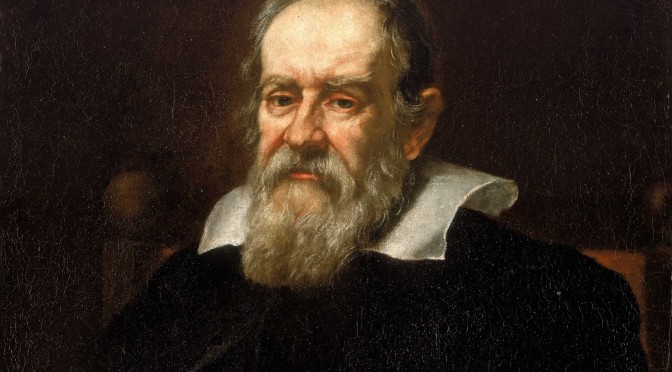
Historical demarcation problems, part II
By Jeroen Bouterse The physicist (P), the sociologist (S) and the historian (H) continue their discussion about the demarcation of science in history P: “OK, so let us retrace our steps and see how we got in this weird place, where you asked me whether an uninfluential Galileo would still be of interest to historians…
-
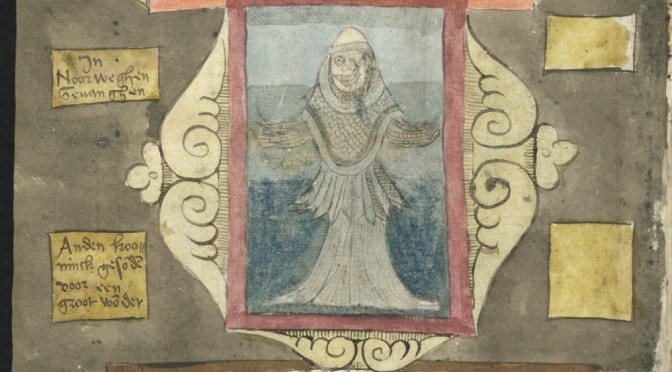
Zeeridders en zeemonniken. Adriaen Coenen over het zestiende-eeuwse zeeleven
Door Lieke Smits In de Scheveningse Keizerstraat kunnen badgasten en winkelende toeristen uitrusten op bankjes waarvan de rugleuningen met wonderlijke voorstellingen zijn versierd. Wie goed kijkt zal verschillende diersoorten kunnen herkennen, waaronder veel vissen, maar ook wonderlijke wezens zoals basilisken en cyclopen. Deze afbeeldingen zijn afkomstig uit het Visboeck van de zestiende-eeuwse visser Adriaen Coenen,…
-
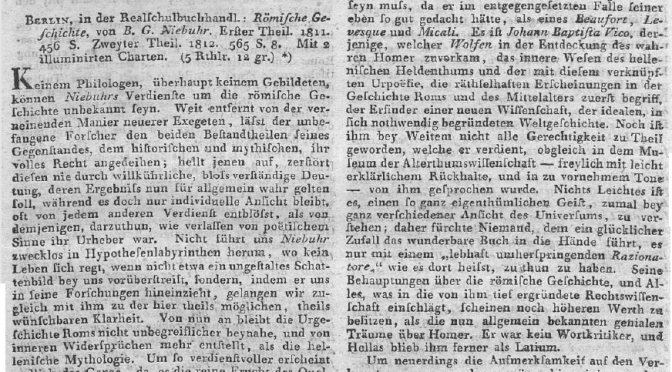
The Re-Invention of Giambattista Vico
By Floris Solleveld Giambattista Vico died in poverty in January 1744, having spent his last pennies on a new edition of the Principi di Scienza Nuova. Outside Naples, nobody cared. No notices appeared in the learned journals; no obituaries were read at royal or local academies. Eighty years later, his work was translated into German…
-
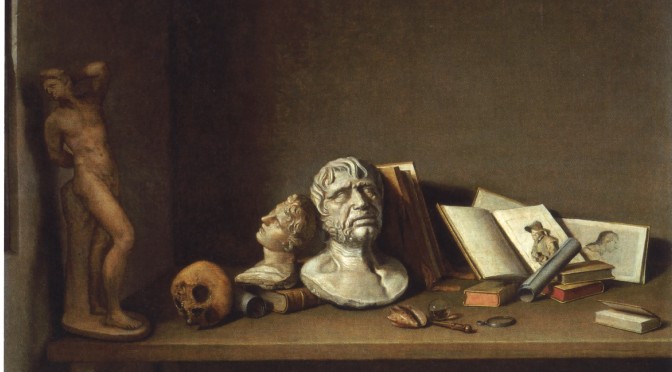
Een telescoop uit Delft
Door Marlise Rijks Op 14 mei 2014 haalde het bericht het achtuurjournaal: in Delft was Nederlands oudste bewaarde telescoop gevonden. Het instrument werd opgegraven door archeologen die in eerste instantie dachten een kogelhuls te pakken te hebben. Na onderzoek door Museum Boerhaave bleek het echter te gaan om een telescoop uit de vroege zeventiende eeuw.…
-
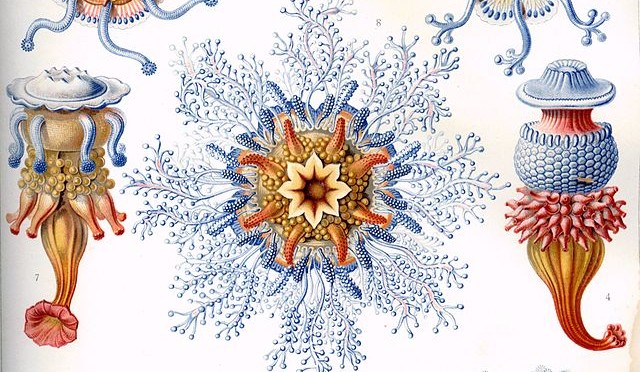
‘Illegal Science’ – the case of Ernst Haeckel (1834-1919) and German biology education
By Constance Sommerey “Guard your children!”[1] was a demand that echoed through multiple Prussian newspapers in 1877 (Depdolla 1939). It was uttered by a very concerned protestant minister who warned parents against the moral state of emergency at Prussian schools. The root of all evil? The incorporation of Ernst Haeckel’s evolutionism into biology classes. Five…
-
Zomerstop / Summer break
jeroenbouterseShells&Pebbles houdt een pauze in de zomer en is volgende maand weer terug. Schrijf je in voor de nieuwsbrief of volg ons op Twitter (@ShellsAndPebbles) als je een seintje wilt krijgen! o-o-o There will be no posts in the following weeks, since we are on vacation. We will resume our regular schedule next month; if…
-
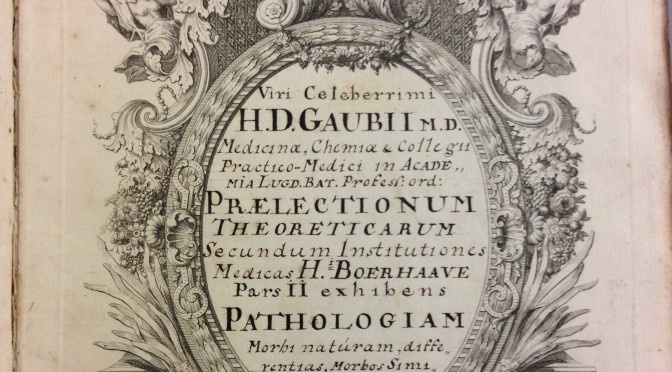
The chemical skeleton: why chemistry mattered to 18th-century medicine
By Ruben Verwaal Imagine yourself as an 18th-century medical student at Leiden university. You are curious to know why you sometimes feel all weak and limp, while elderly people may have stiff muscles. Why can there be days you suffer from constipation, while on other days you have diarrhoea? Questions such as these also kept…
